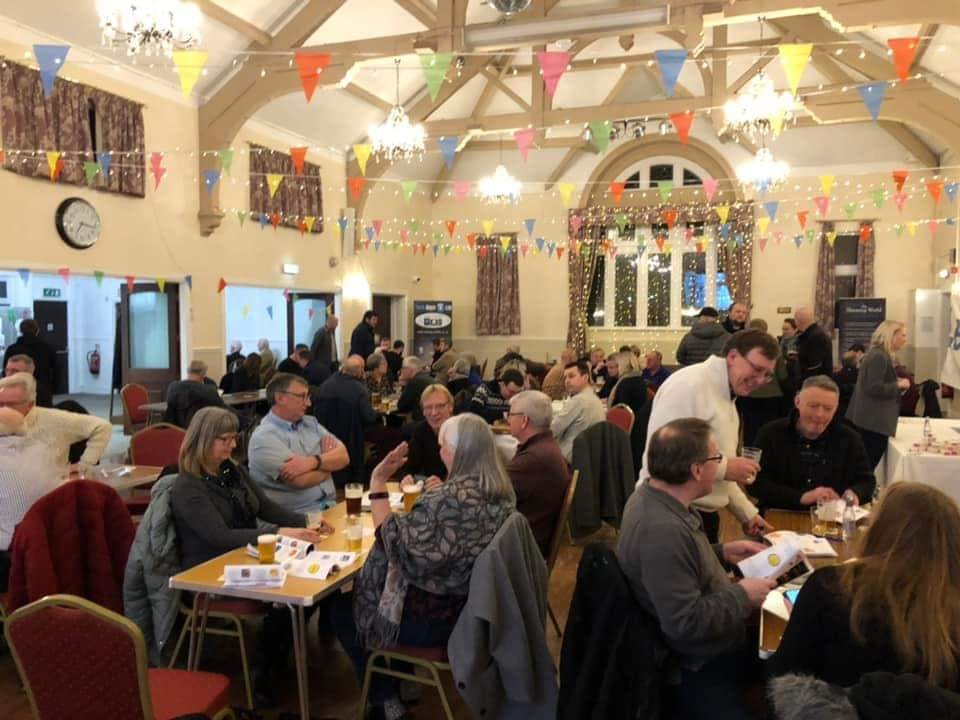
Features
BlackFest returns for a celebration of art, diversity and inclusivity in Liverpool
1 year ago
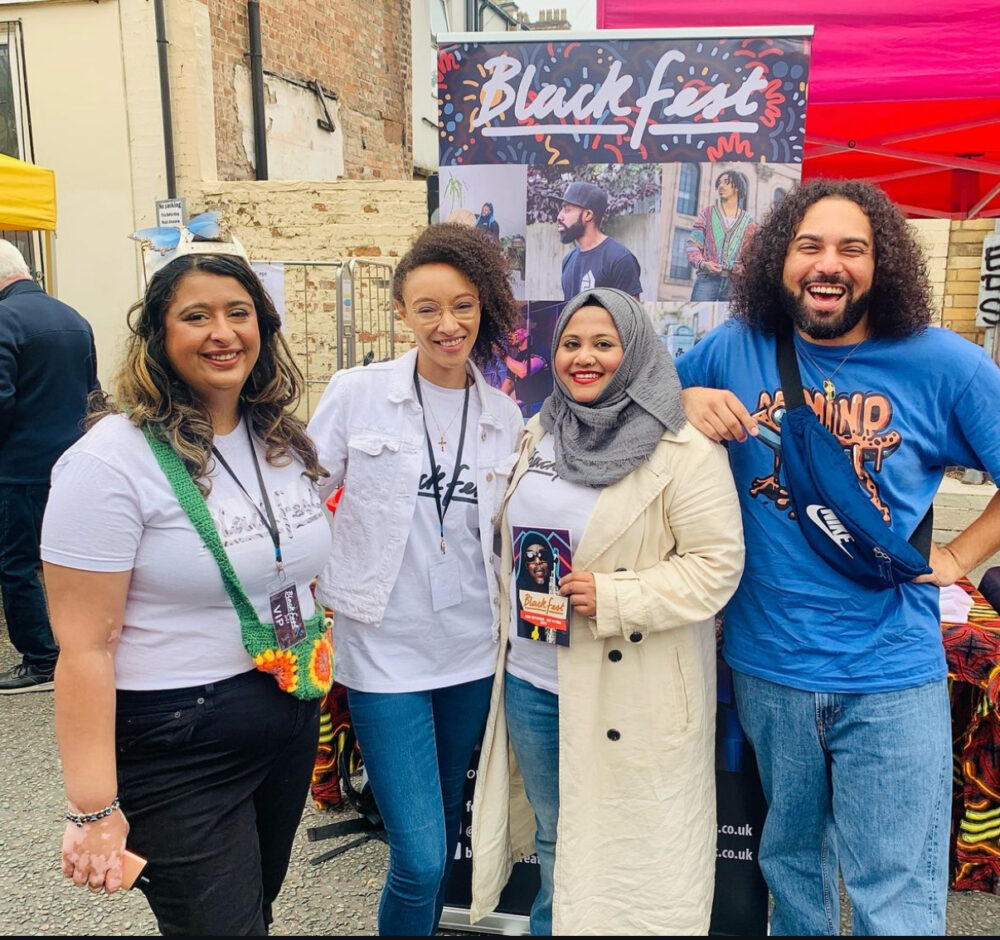
Liverpool’s award-winning BlackFest returns for its seventh edition from 23 September – 30 October 2024, promising a dynamic celebration of Black arts, culture, and community.
Founded in 2018, BlackFest has quickly grown to become a vital platform that empowers and showcases Black artists, providing a space for creativity and cultural dialogue across the city.
Jubeda Khatun, the founder and executive artistic director of BlackFest, reflects on the festival’s growth and its unique position in Liverpool’s cultural landscape. “We want representation for Black arts and equality,” she says. “I think there are some changes being made, but we’re nowhere near where we need to be. BlackFest has always aimed to bridge that gap between artists and institutions, but we’ve moved toward a more community-rooted approach, using local venues.”
Headlining this year’s festival is jazz legend Courtney Pine, whose House of Legends Jazz Tour at The Tung Auditorium on Friday 27 September marks a major highlight. Pine will be celebrating his 60th birthday alongside the re-release of his groundbreaking debut album Journey to the Urge Within.
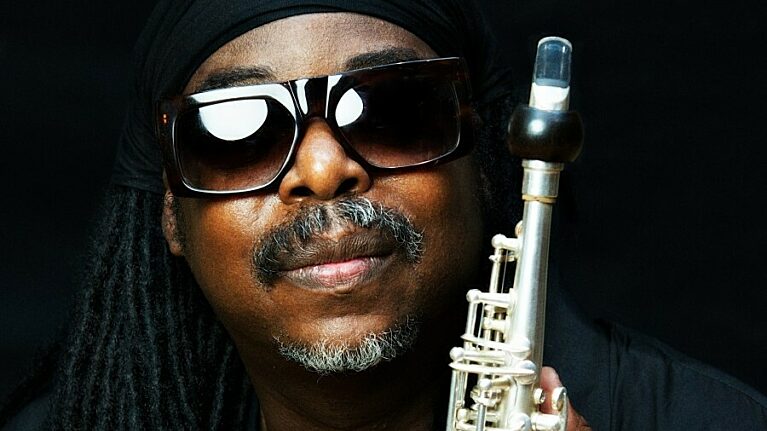
His performance will reflect on the influence of Caribbean culture on the UK, a tribute to the rich contributions of the Caribbean diaspora.
One of the festival’s powerful events is Malik Al Nasir’s Race Religion Riots talk at Granby Winter Garden on Sunday 29 September, where the award-winning author and academic will explore intersectional racism and share his personal experiences as a Black Muslim.
This talk promises to be an enlightening and educational moment in the festival, particularly in light of the recent social unrest in the city.
Jubeda Khatun said:
“BlackFest was a response to improving equality, empowerment, and education. Liverpool is a predominantly white city, and multiculturalism is not always highlighted. We often feel like a small festival, drowned out by larger organisations, but we’ve curated incredible programs that deserve to be seen.
“BlackFest is about more than just representation — it’s about educating the public and showcasing authentic Black experiences.”
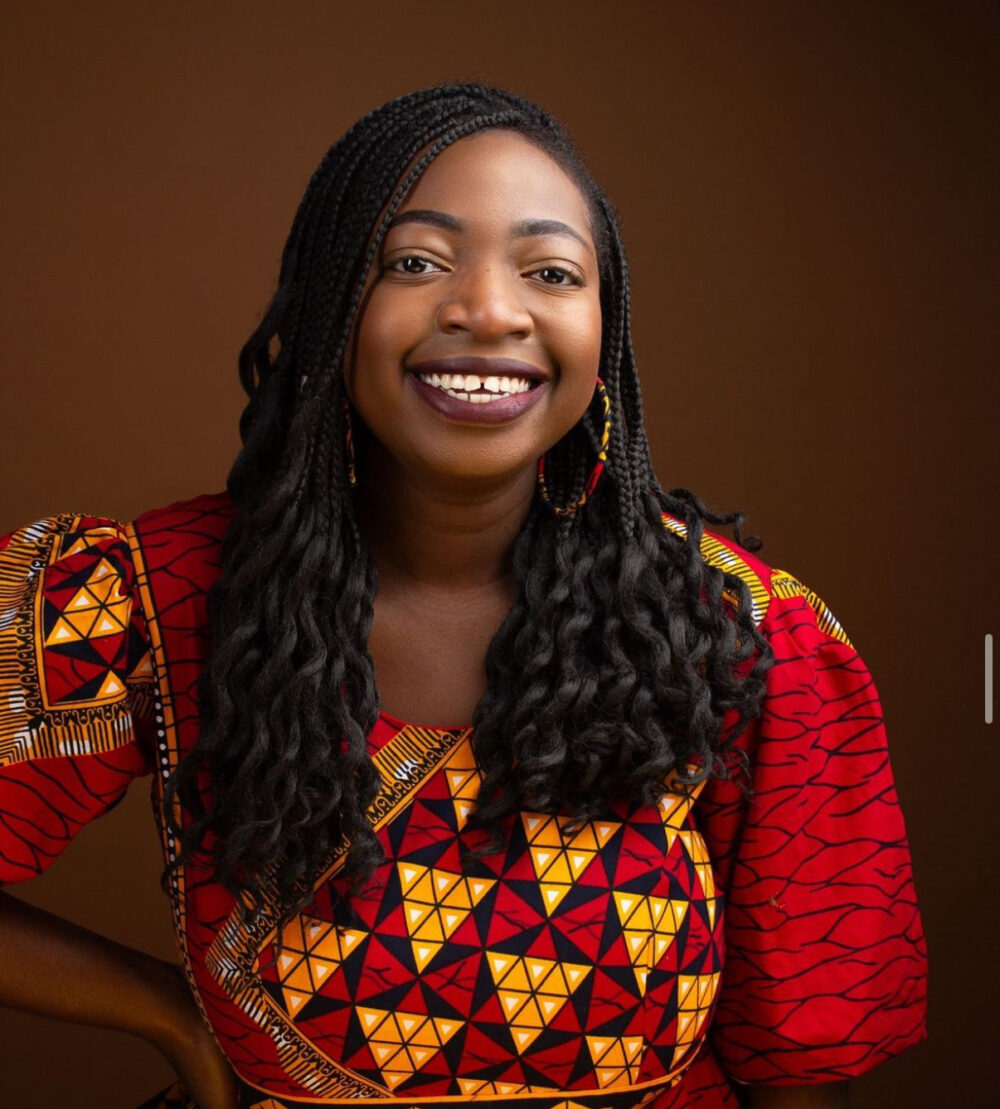
The festival’s lineup is as diverse as it is exciting, with events ranging from spoken word nights to visual arts exhibitions and sustainable cooking workshops. On Thursday 17 October, Heather Tomlinson will perform her poignant piece Endless Crescendo at The Capstone Theatre, an exploration of identity and heritage.
For Jubeda, BlackFest is not just about art; it’s about fostering real change. She said: “There are still no-go zones in Liverpool, and with the recent riots, it feels more important than ever to educate. Our artists share their experiences in ways that are poetic and accessible. It’s a platform where people can engage with these issues through art, rather than invasive debates. Black artists lead with their autonomy, and we never erase their voices.”
The festival also offers opportunities for up-and-coming artists, as Naami Soya, a poet who now works alongside BlackFest, explains: “Jubeda has always been there to champion artists and help them develop. Sometimes, as artists, we need that push, and BlackFest gives us the platform to be ourselves. It’s hard to find that kind of support.”
As the cost of living crisis continues to affect communities, BlackFest is committed to accessibility. Many events are donation-based, ensuring that everyone can participate.
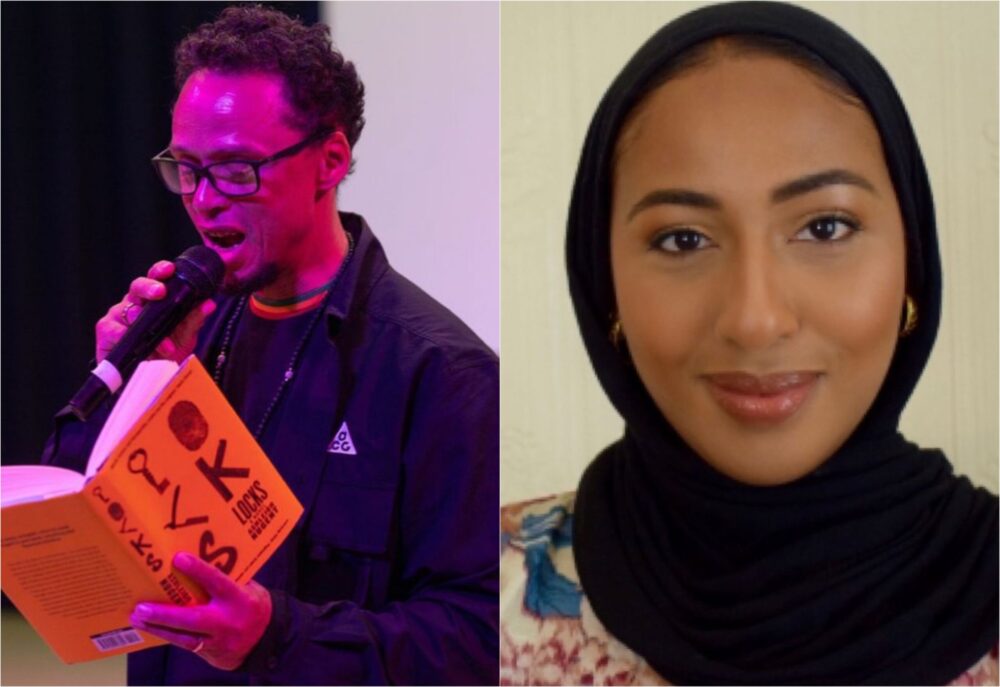
Mariam Abood, another key figure in the festival, said: “BlackFest is especially important for people from lower socioeconomic backgrounds. It’s a space where people can engage with art without the usual barriers.
“The whole point of Blackfest is to leave your assumptions at the door. We’re here to celebrate people from all cultures and walks of life, and it’s important to do that without preconceptions or stereotypes.”
She also praised the festival for helping break down barriers for ethnic minority artists, offering a platform where they can shine and overcome societal biases.
The organisation’s ethos extends beyond just artistic representation—it’s about creating a human connection. As Jubeda said: “Blackfest isn’t just a festival; it’s a human project. We care about the health, well-being, and holistic needs of our staff and artists. We’re not just about producing events, we’re about building spaces where people can heal and be their authentic selves.”
The festival’s impact stretches beyond the arts. It seeks to challenge institutional structures that have historically excluded Black voices. Jubeda said: “There’s still so much to unlearn about colonial infrastructures that divide us. We are stronger together, and Black arts are for everyone. Black culture has given so much to society, and we need to support future generations who inspire change.”


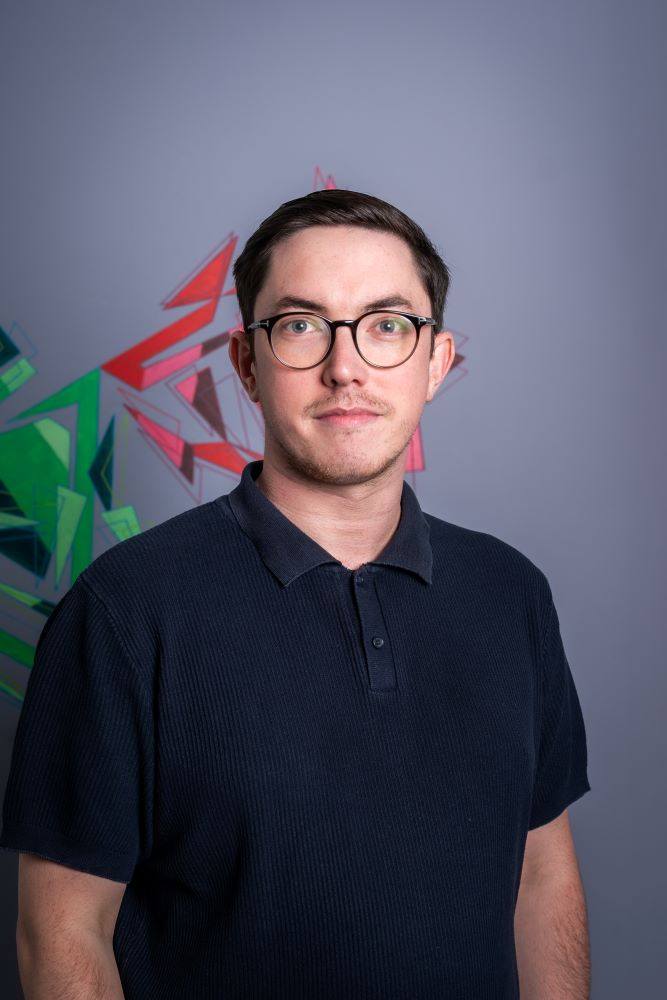

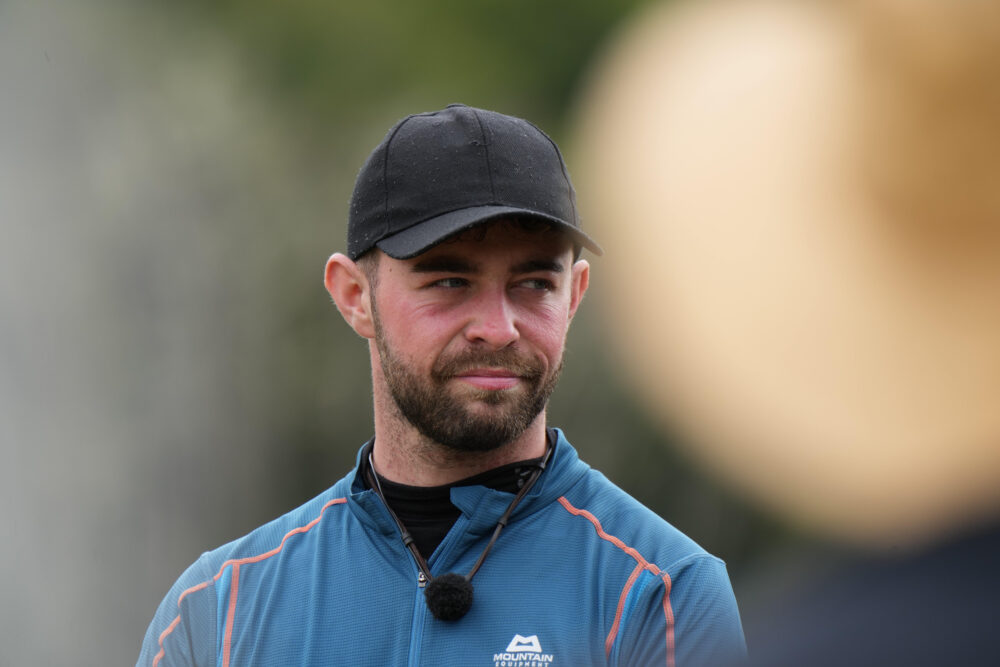
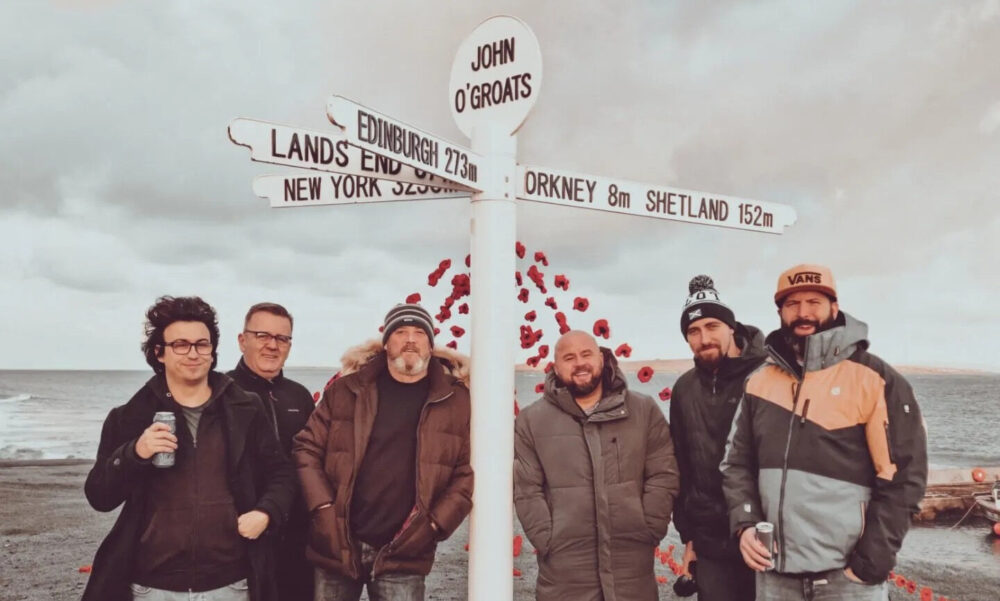
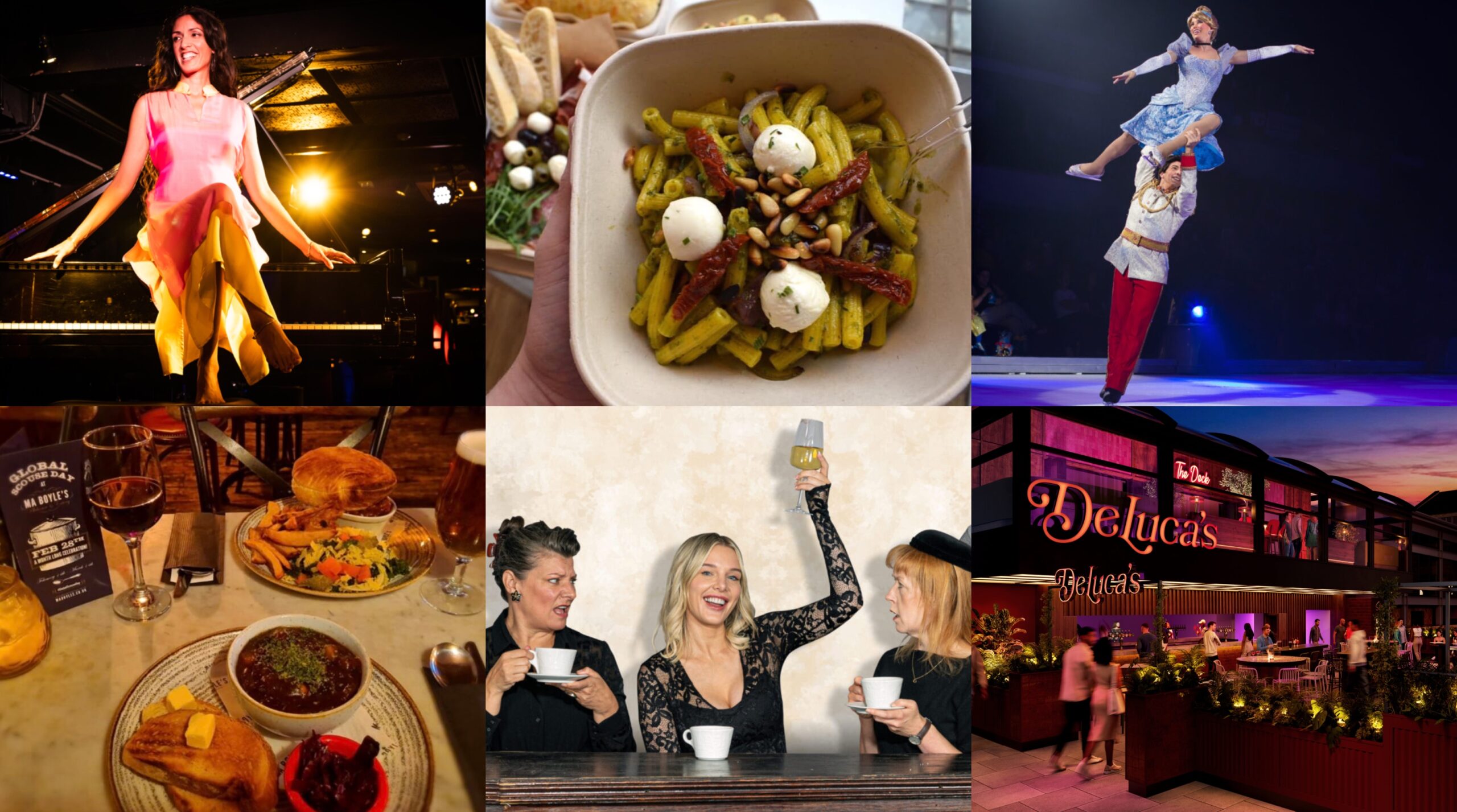
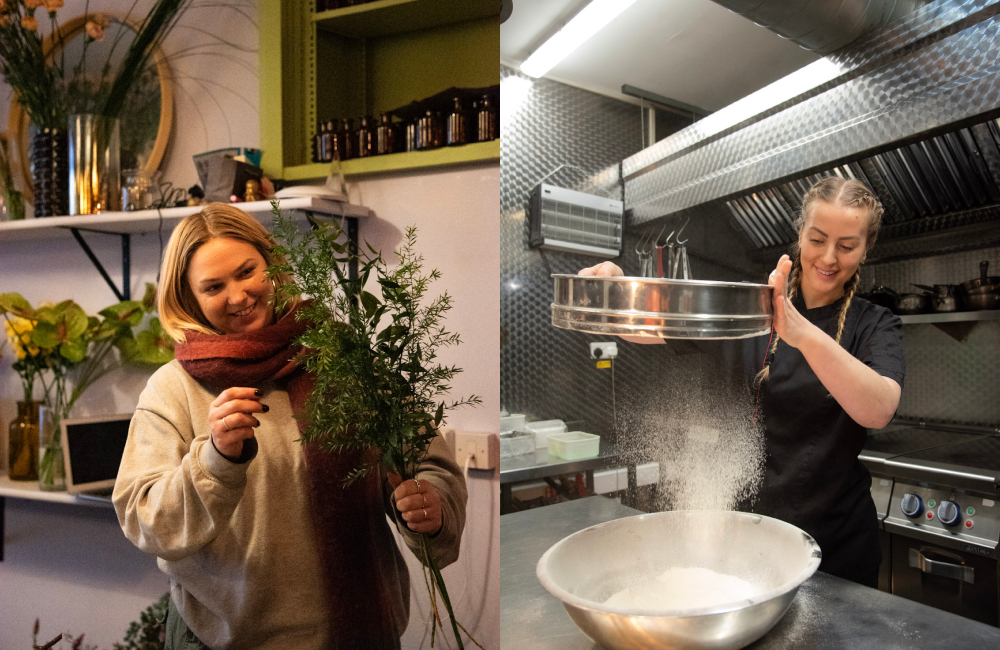
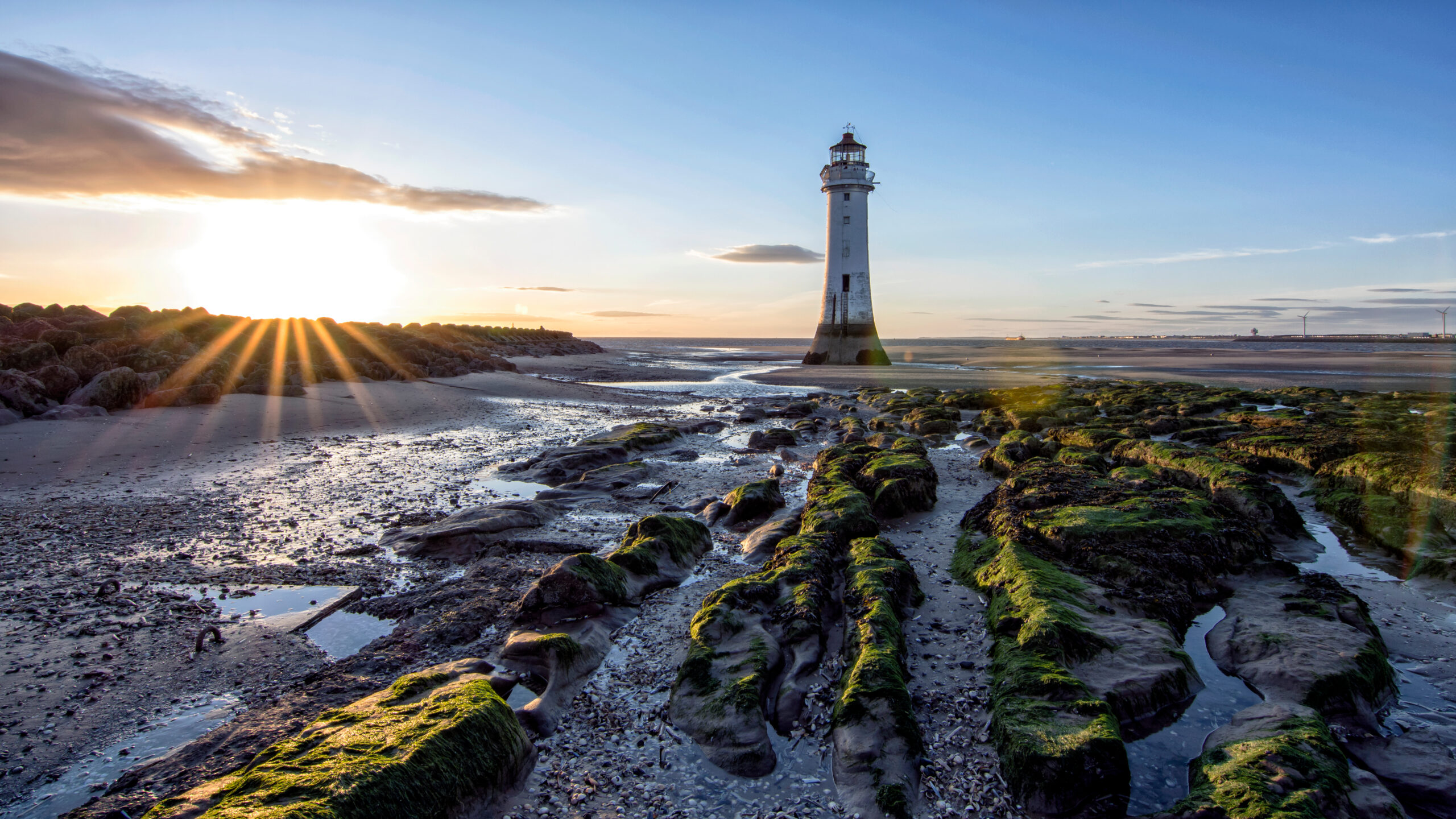
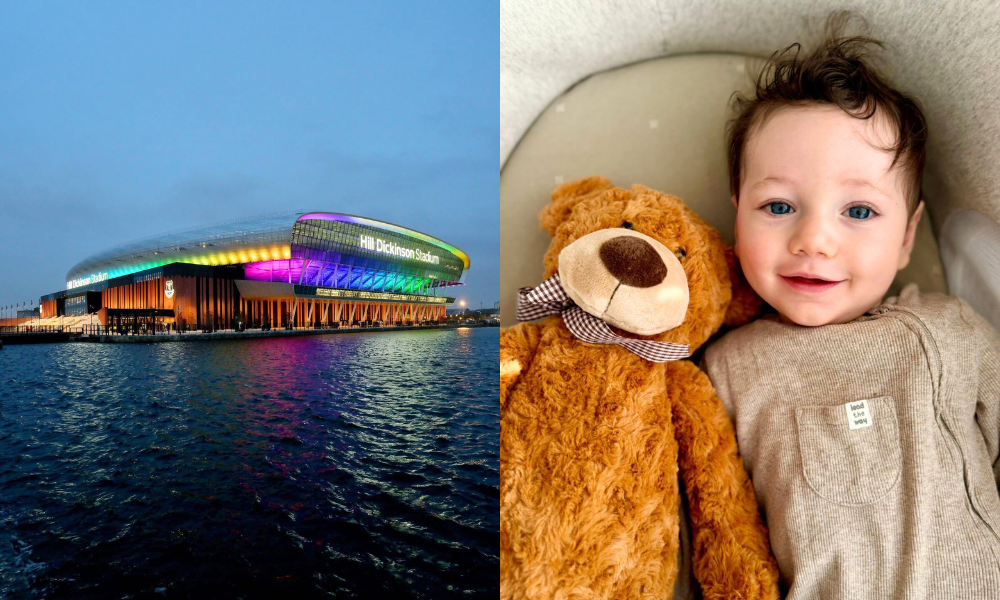
 Subscribe
Subscribe Follow Us
Follow Us Follow Us
Follow Us Follow Us
Follow Us Follow Us
Follow Us Follow Us
Follow Us











